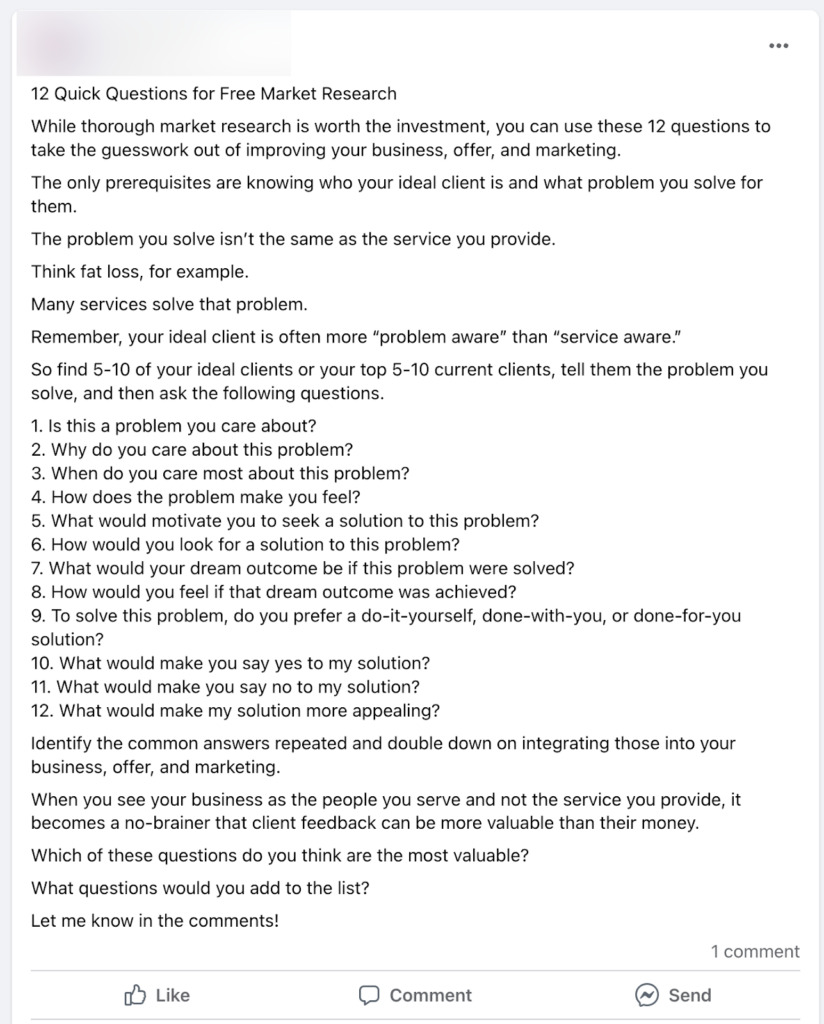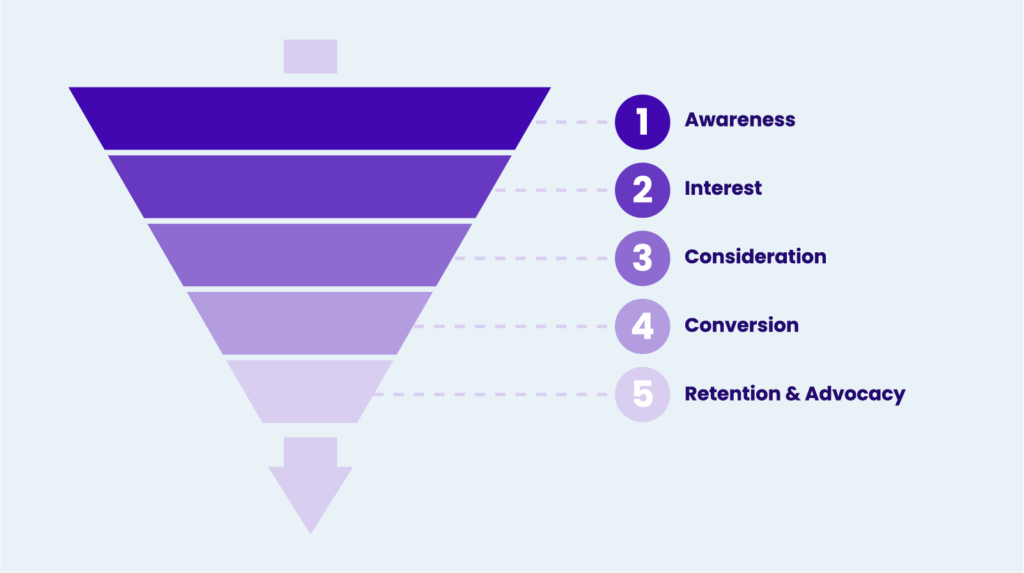Baton Rouge Digital Marketing Agency Highlights Flaws in 12 Quick Questions for Free Market Research

In the fast-paced digital marketing realm, seeking advice and insights from platforms like Facebook has become the norm. However, not all advice is created equal, and a discerning approach is essential.
BlakSheep Creative, a prominent digital marketing agency in Baton Rouge, has observed a growing trend of questionable marketing advice on Facebook. Clint L. Sanchez, an adept Digital Marketing expert at BlakSheep Creative, has dissected the limitations of the widely circulated “12 Quick Questions for Free Market Research.”
He has provided an insightful critique, offering a more thorough understanding of effective market research. Each section contains a quote from Clint and then his rebuttal.
1. Is this a problem you care about?
“Understanding the problems your audience cares about is essential to crafting effective marketing strategies.”
Understanding customer concerns is vital, yet relying solely on this question may lead to bias. Customers might not be fully aware of all the challenges they face. A more comprehensive exploration can unveil underlying pain points.
2. Why do you care about this problem?
“Understanding the ‘why’ behind customer concerns provides valuable insights into their motivations.”
Recognizing the importance of motivations, it’s crucial to acknowledge that customers may not grasp their motivations entirely, primarily subconscious influences. Solely relying on conscious responses can yield incomplete insights.
3. When do you care most about this problem?
“Understanding the timing of customer concerns helps in tailoring marketing efforts effectively.”
Acknowledging the significance of timing, it’s equally vital to avoid assuming consistent timing. Customer priorities evolve due to external factors, and relying on fixed timing assumptions might disregard shifts in preferences and needs.
4. How does the problem make you feel?
“Emotions play a significant role in customer decision-making and should be considered in marketing strategies.”
While emotions matter, simplifying emotions into a single response might overlook the complexity of customer sentiment. Capturing nuanced feelings requires a more nuanced approach.
5. What would motivate you to seek a solution to this problem?
“Identifying customer motivations helps tailor marketing messages to resonate with their needs.”
Understanding motivations matters, but customers may be unaware of all factors driving their decisions. Relying solely on self-reported motivations might result in incomplete insights.
6. How would you look for a solution to this problem?
“Understanding customer search behaviors informs your marketing channel selection.”
Recognizing customer search behaviors is valuable, yet customers’ search habits evolve with technology and trends. Depending solely on fixed behaviors risks outdated marketing strategies.
7. What would your dream outcome be if this problem were solved?
“Understanding customer aspirations guides the creation of compelling marketing messages.”
Focusing solely on a “dream outcome” might ignore varying aspirations among different audience segments. Segmenting based on these aspirations ensures personalized and impactful communication.
8. How would you feel if that dream outcome was achieved?
“Understanding post-solution emotions helps in crafting persuasive marketing narratives.”
Various factors beyond problem resolution influence post-solution emotions. Solely relying on this question might lead to a narrow view of customer sentiment.
9. To solve this problem, do you prefer a do-it-yourself, done-with-you, or done-for-you solution?
“Understanding customer preferences guides the development of service offerings.”
Providing predefined …read more
Source:: Social Media Explorer








